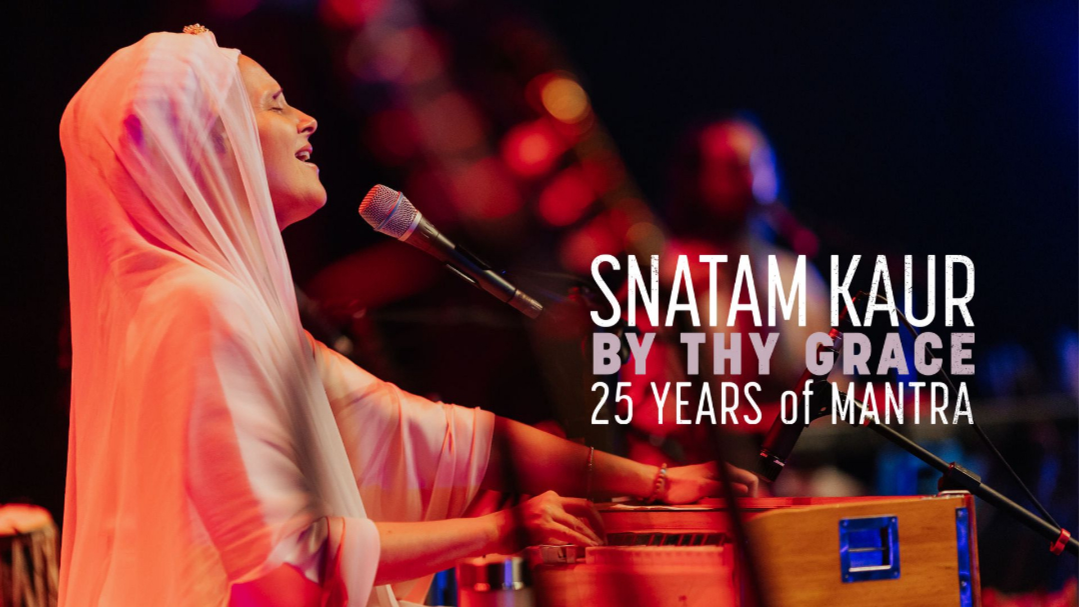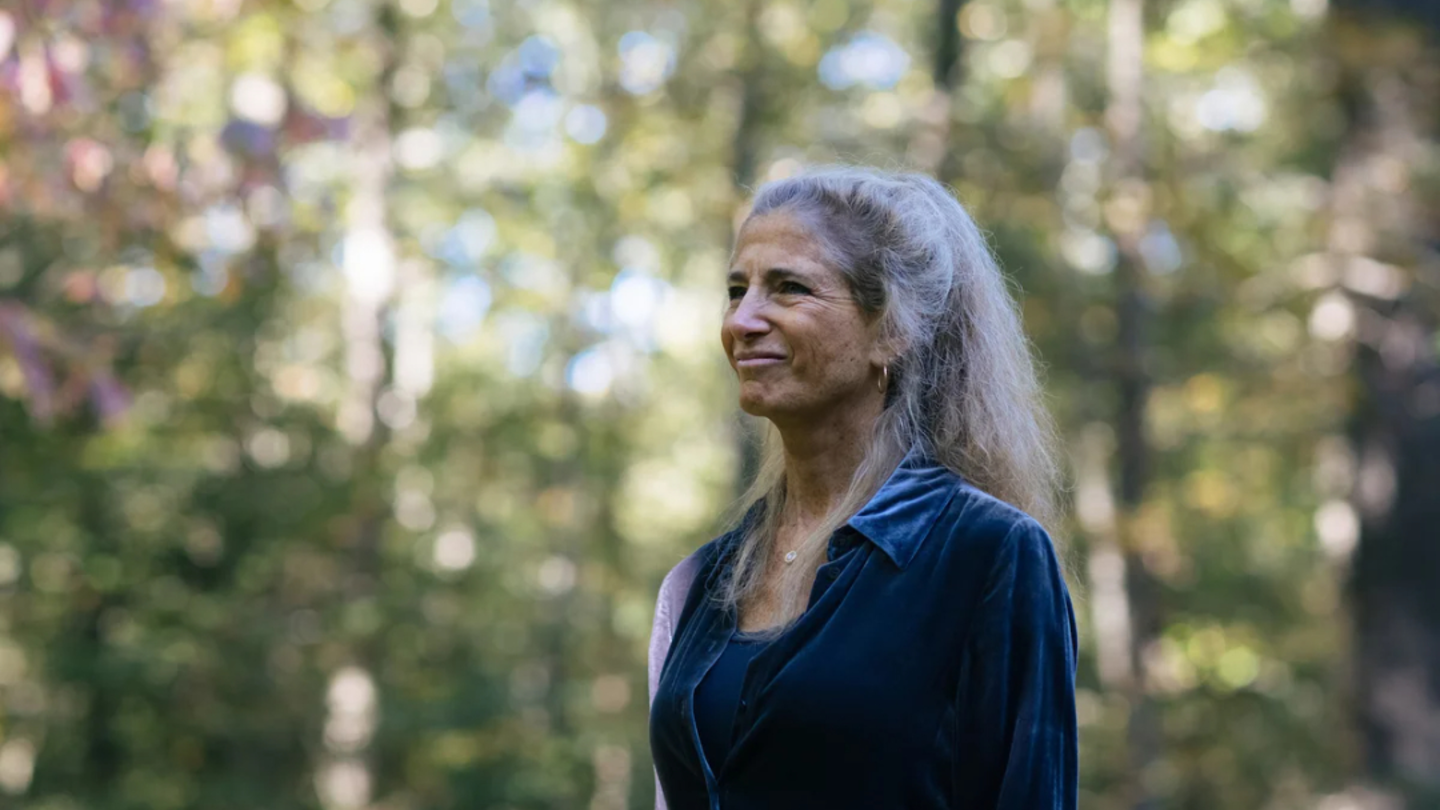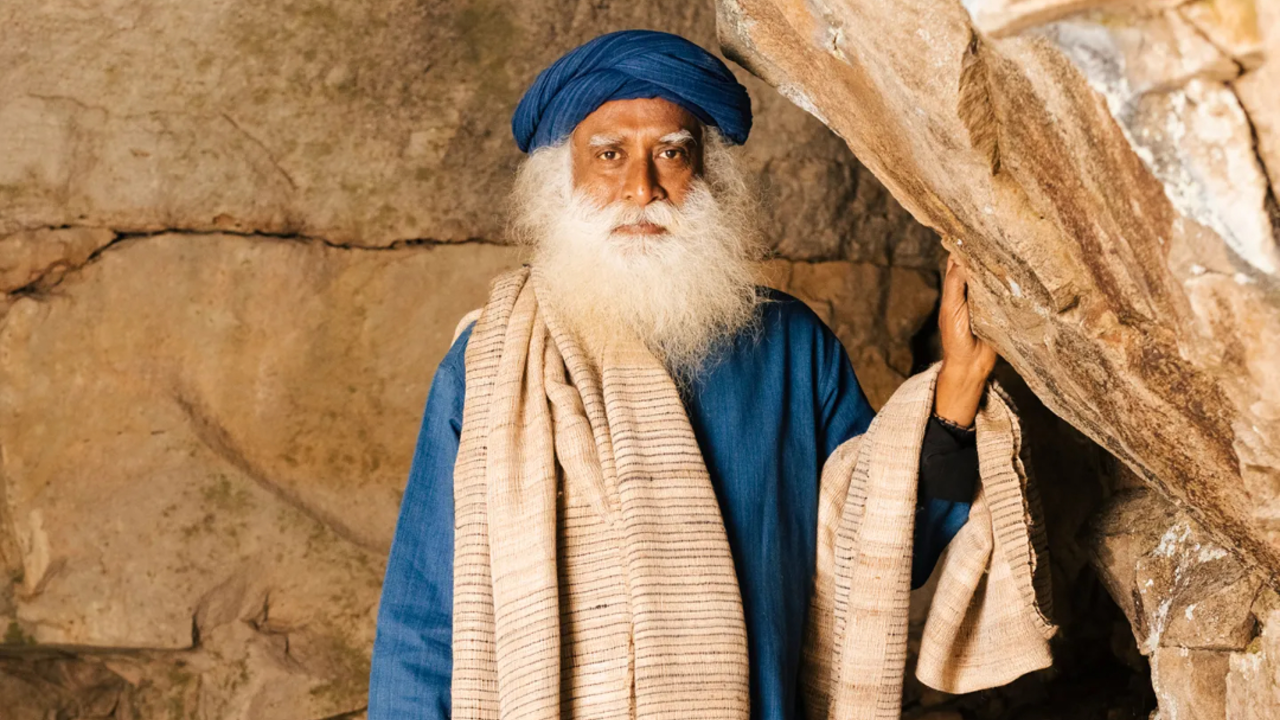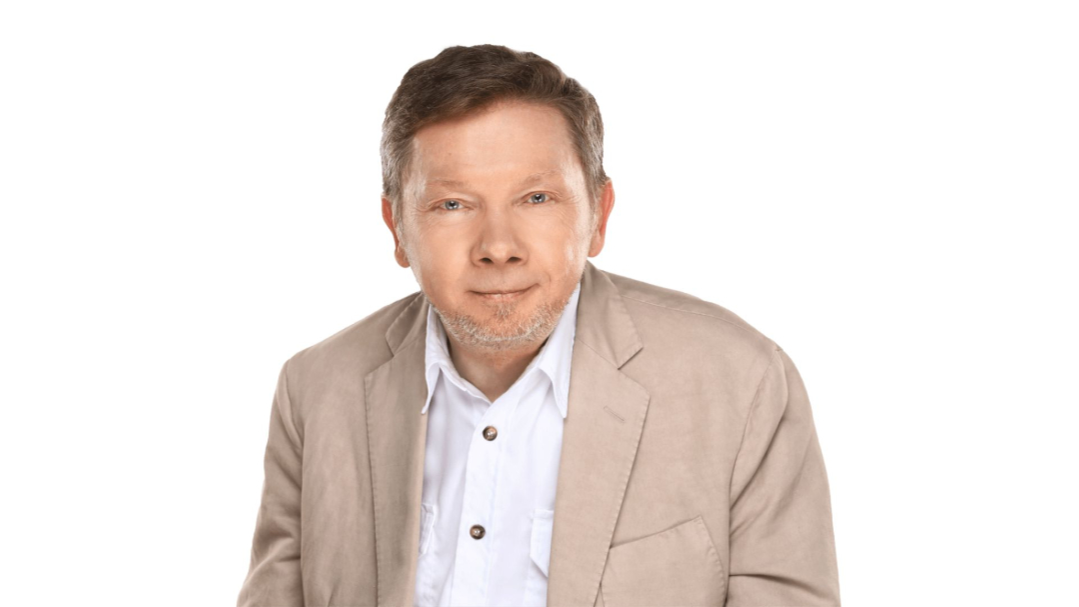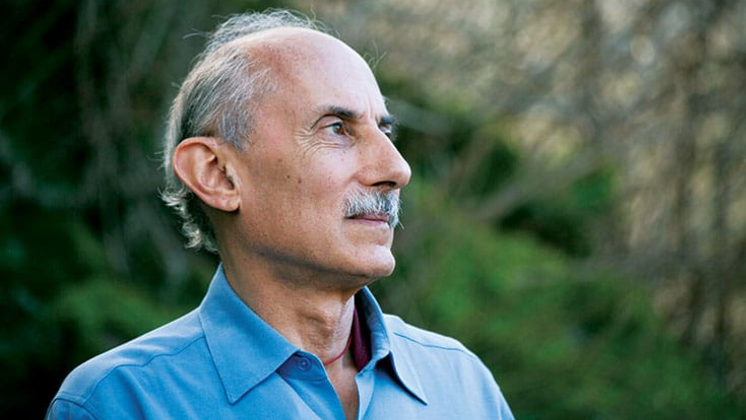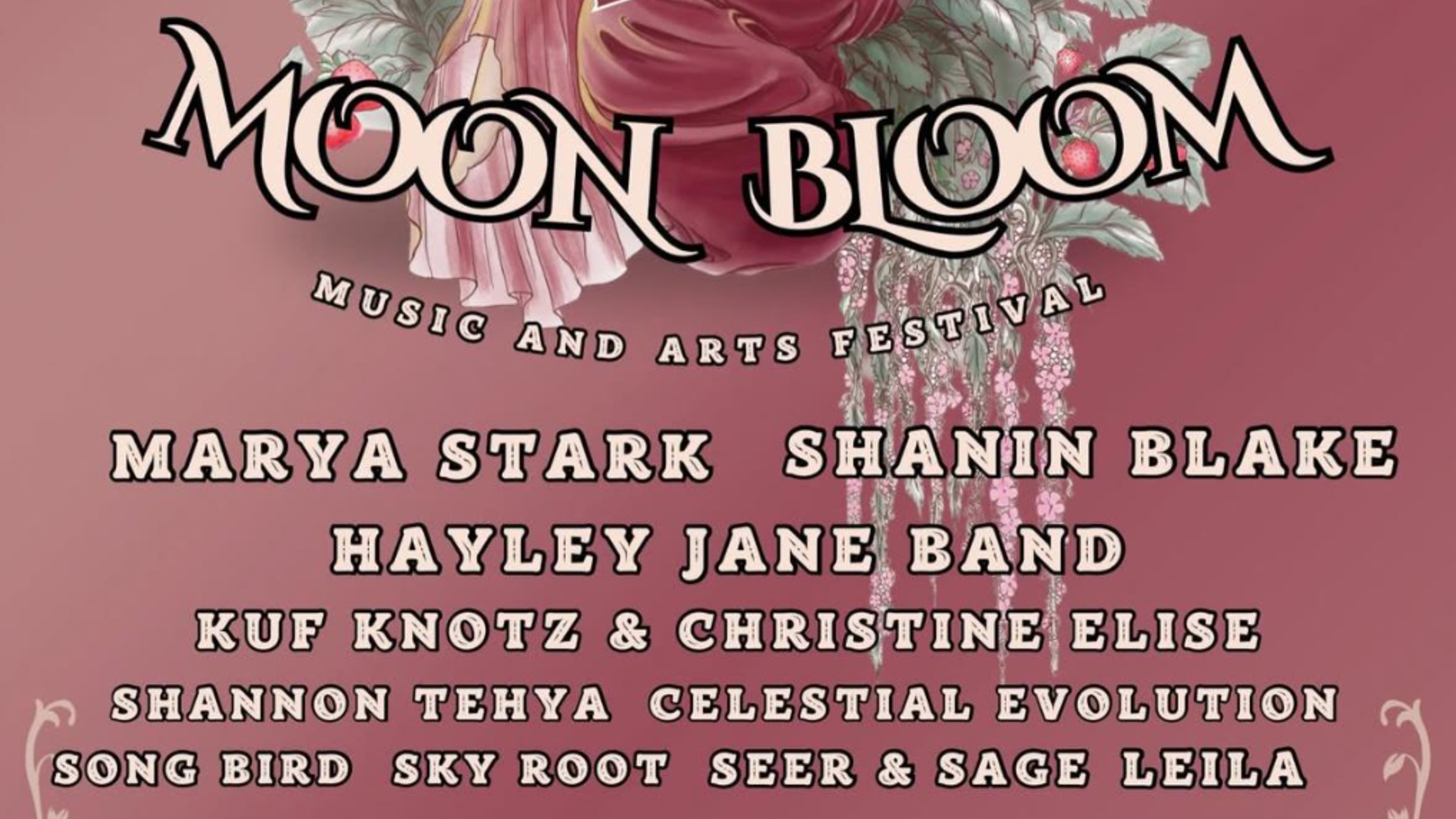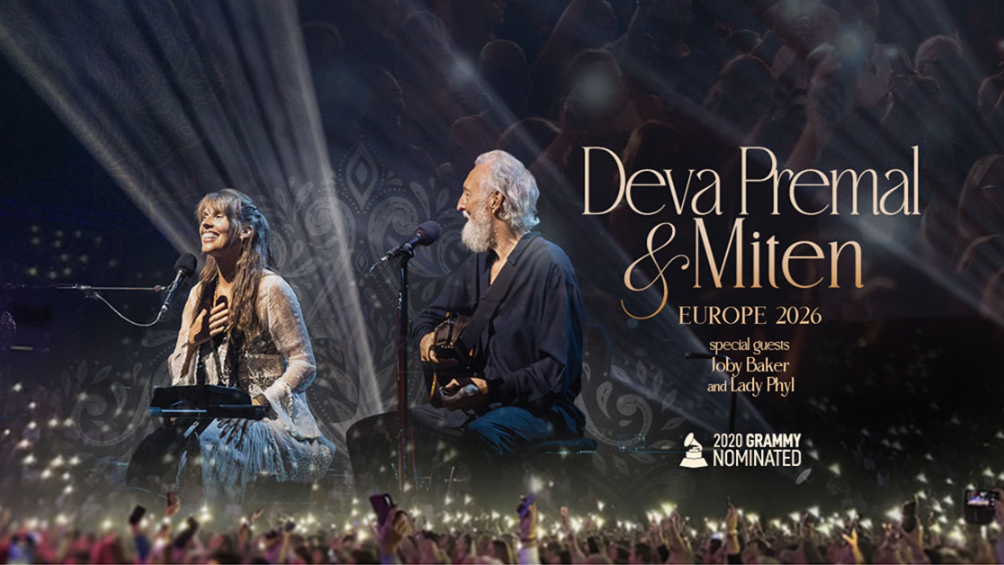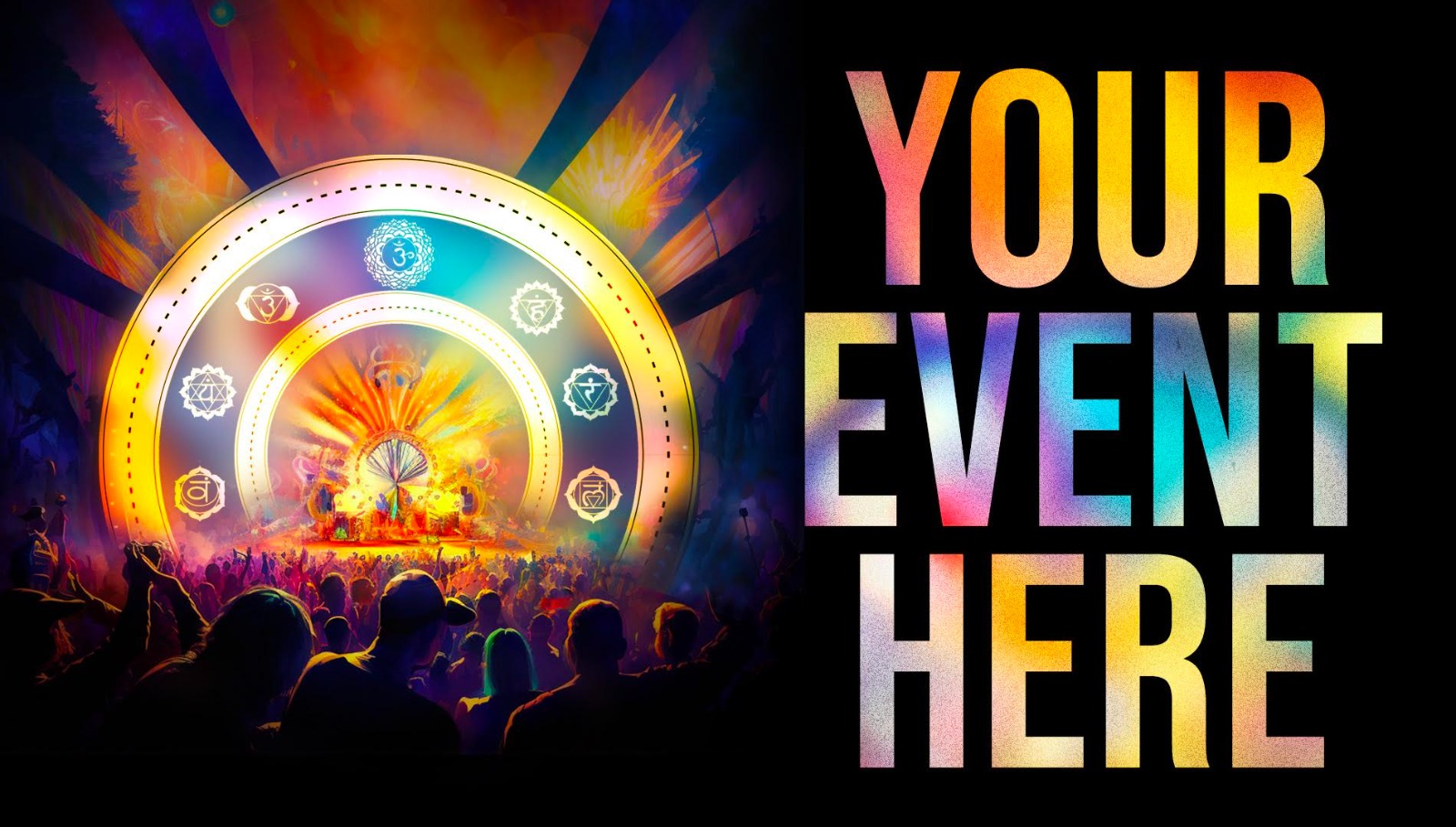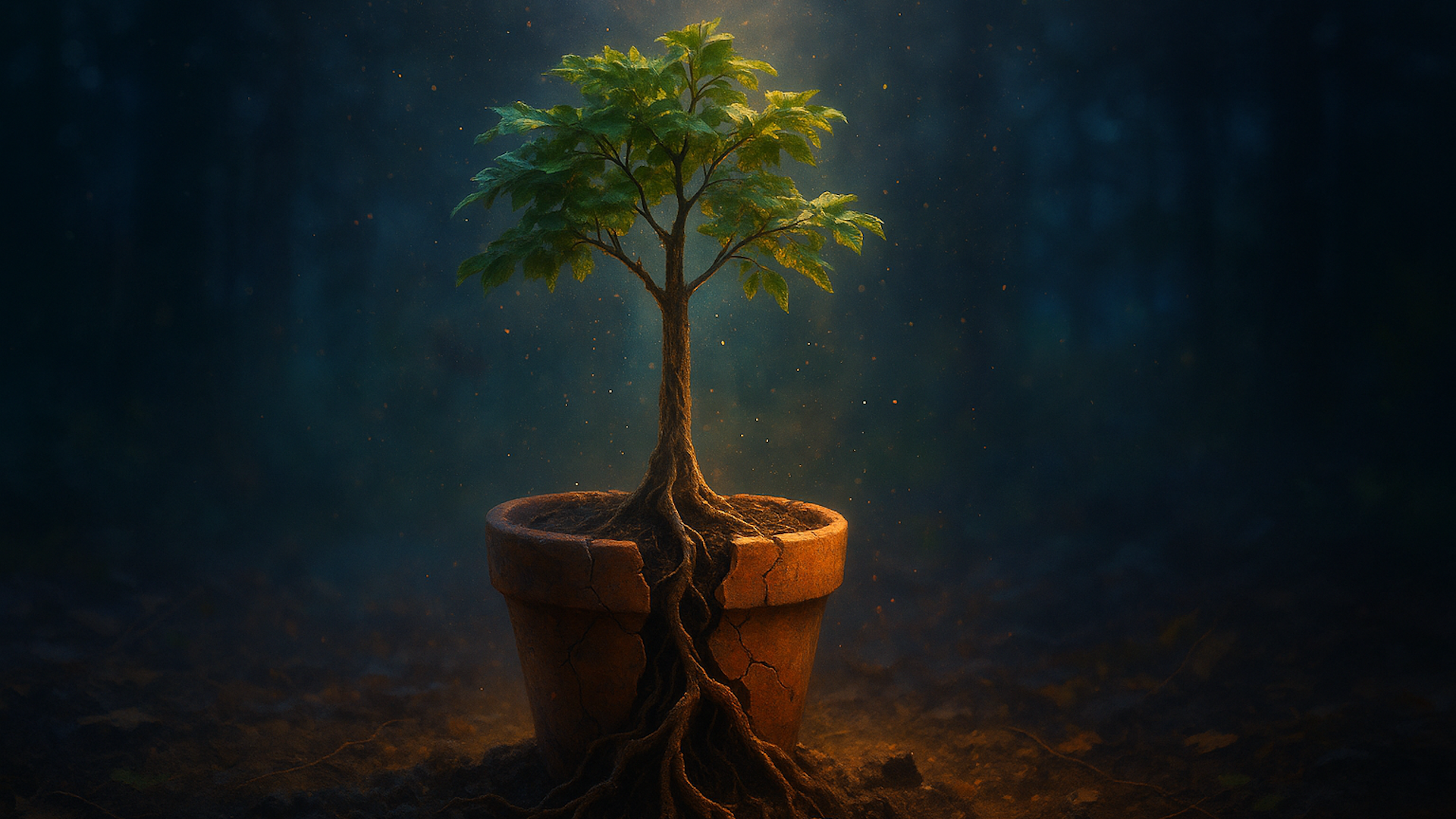
Search spiritual awakening online and you’ll see the same story over and over again: serene faces, flowing robes, soft-filtered photos with captions about vibrations and light. It’s an industry now, a performance.
But the truth is simple: enlightenment doesn’t make you more spiritual. It makes you less.
Spirituality as a Mask
Most seekers begin by putting on a costume. They learn the language, adopt the gestures, wear the symbols, curate the look. They even adjust the tone of their voice, trying to embody what they imagine holiness should sound like.
And it works—up to a point. The persona can steer the psyche in a better direction. It acts like a pot around young roots: protective, shaping, safe for a time.
But a tree left in a pot will eventually suffocate. The roots hit the walls. Growth turns inward and twisted. What was once protection becomes limitation.
Awakening is the moment the pot shatters and the roots go into the soil. Vulnerable, exposed, no longer contained—but finally real.
The Trap of Ultra-Spiritual Ego
Here’s the danger: the costume doesn’t always come off.
Sometimes it gets tighter. The seeker starts to identify with being “the spiritual one.” Outwardly, they post the right quotes, wear the right beads, keep up the calm exterior. Inwardly, the psyche clings to a feeling of superiority: I’ve seen something others haven’t. I’m further along. I’m higher.
That’s the ultra-spiritual trap.
It’s not freedom—it’s another cage. And because it feels so much like progress, it’s one of the hardest illusions to see.
The Disrespect of Pretense
Here’s the thing most won’t say out loud: the ultra-spiritual persona is disrespectful to humanity.
Humanity isn’t something to rise above. It’s people crying at funerals, laughing in kitchens, carrying groceries up the stairs. It’s heartbreak and joy and responsibility and the grit of daily life.
To act as though you’re above all that—too pure, too elevated, too “awake”—isn’t holiness. It’s dismissal. A wall of pretense that separates you from the very thing enlightenment throws you back into: the ordinary miracle of being human.
Awakening Looks Ordinary
This is the shock: awakening doesn’t look special.
You don’t radiate on command. You don’t levitate. You don’t suddenly live in a bubble of eternal calm. You just stop pretending.
You do the dishes with the same presence you once reserved for meditation. You laugh without checking if it’s “high vibration.” You grieve harder because you’re not resisting grief anymore. You feel lust, tenderness, anger, awe—without apology.
Enlightenment strips away the performance. It doesn’t crown you with light—it unmasks you. What’s left is raw humanity: transparent, responsible, present.
And it’s enough. More than enough.
The Business of Ultra-Spirituality
But ordinariness doesn’t sell.
The industry is built on halos and transcendence. It thrives on the promise of escape: a specialness that lifts you out of the mess of ordinary life. Retreats, books, courses, influencers—it’s all designed to keep the costume intact.
Because if people knew the truth—that awakening makes you more ordinary, not less—the business model would collapse.
The Antidote: Fully Yourself
When the mask is gone, what remains isn’t emptiness. It’s fullness.
The fruits of real awakening aren’t mystical fireworks. They’re values lived without effort:
- Honesty.
- Transparency.
- Authenticity.
- Accountability.
- Responsibility.
- Respect.
Not because you’re trying to be virtuous, but because nothing in you is invested in being false anymore.
This is what it means to be fully yourself.
True Spirituality: Equilibrium with Existence
If we use the word “spiritual” at all, it can only mean this: equilibrium with existence.
Not higher, not lower. Not holier, not lesser. Just balanced.
That’s the quiet revolution of awakening. Not floating above humanity, but standing inside it fully. Not performing spirituality, but being real.
Fully yourself.
✨ At BrightStar, that’s what we celebrate. Not the costume of spirituality, but the reality of awakening.
- For seekers: subscribe here to discover authentic events, concerts, and gatherings.
- For event creators: post your event for free and share your offering with a community that values truth over performance.
One planet. One humanity. One light.
